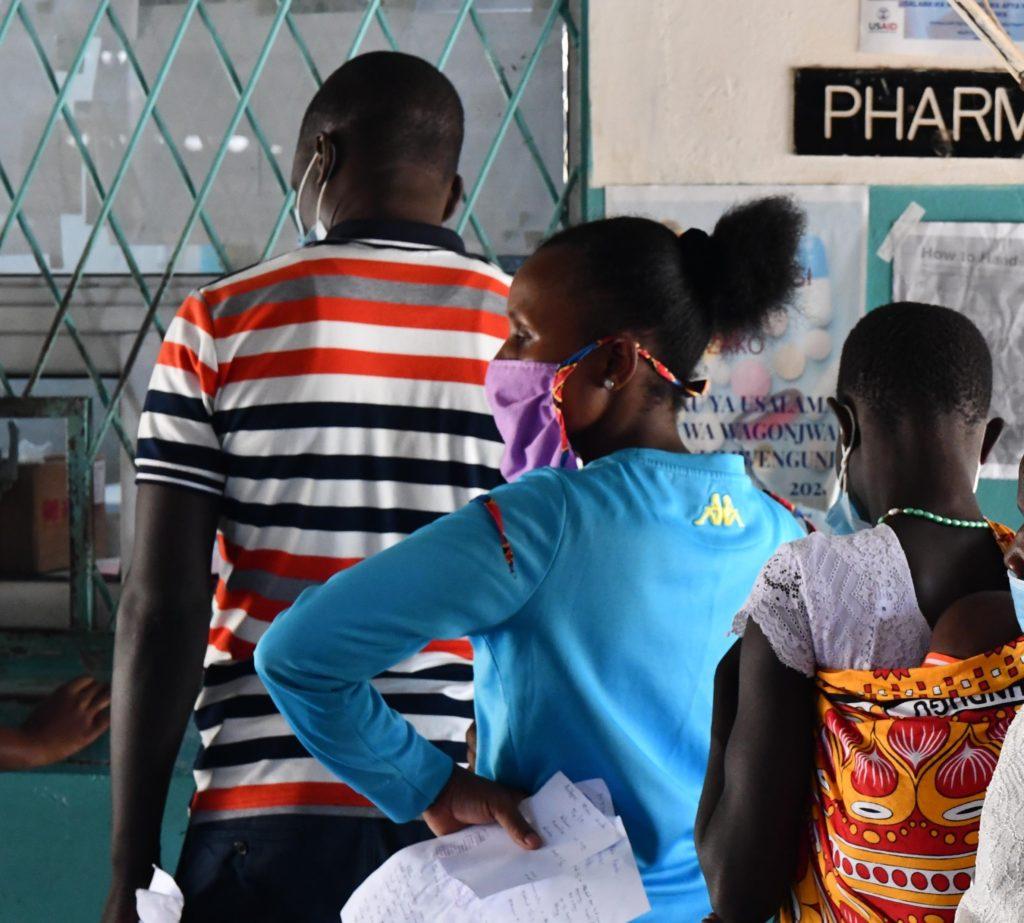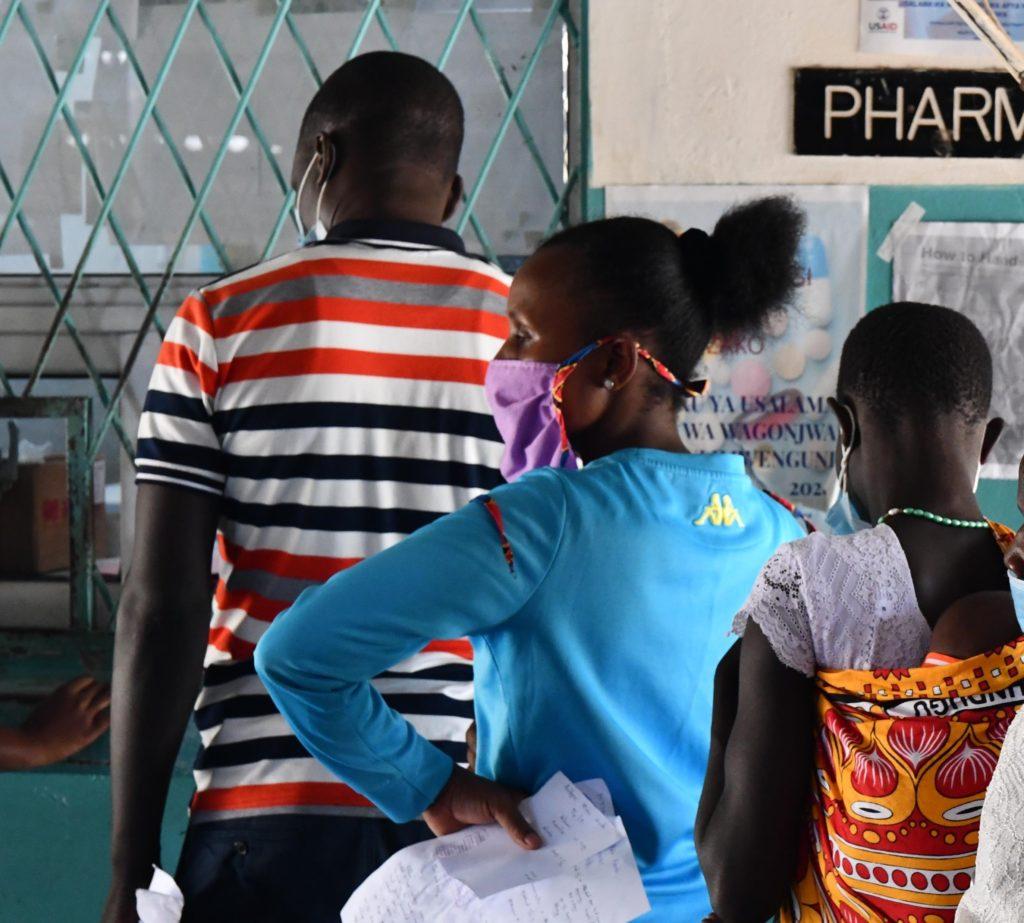
There is a rhythm to how global health funding moves in Africa—a predictable tune of crises followed by amnesia. During a crisis, money pours into the continent through aid, presidential initiatives, donor contracts and external experts. Then, the crisis dies, money dries up, and we are left with parallel health “channels” never meant to last. Such is the architecture of dependence on which African health systems have been built. It is a form of institutional haunting where the ghost of every past donor-funded program remains, shaping what is possible long after the money is gone. And now, the money is mostly gone. So, what next?
Structural adjustment programs and the Aid trap
Donor dependence has meant that African health systems are perpetually in a state of transition. On the surface, it’s easy to blame African leaders for failing to support their own health systems. But the root of this stasis lies in two critical disruptions. First, were the structural adjustment programs (SAPs) of the 1980s, which dismantled health as a collective responsibility, and second was the donor aid dominance that followed, which outsourced health funding and governance to foreign technocrats. SAPs were introduced by the International Monetary Fund (IMF) and the World Bank as conditions to which African states had to abide if they were to receive loans and financial aid. These programs aimed to stabilise economies, reduce government deficits, and promote market-oriented reforms. Their neoliberal logic was simple: cut public spending, reduce debt, and let market forces take over. But in practice, it meant that African Governments could no longer afford to fund social services such as health. Out-of-pocket health costs skyrocketed, access to healthcare decreased, and mortality rose. Then, donors stepped in to patch the holes left by SAPs. But instead of restoring government health budgets, they created parallel health systems, funding disease-specific programs independently of national health services—each program with its reporting requirements, staff, deadlines, and inevitable expiration date. Reliant on donor funding, health ministries learned to survive by chasing donor priorities rather than setting their own.
The illusion of transition
But as Western aid retreats, Africa is asked to stand independently and take ownership of its health systems. But take ownership of what exactly? A fragmented, externally engineered system designed to respond to short-term donor interests. The rallying call for African governments to step up and realise this opportunity as moving on from foreign aid is galvanising, of course. However, the problem is not that African governments are unwilling to lead. It is that decades of donor-driven financing have left them managing systems that, fundamentally, are illegible to themselves. The illusion of “transition” assumes that African governments can simply step in where donors left off. But that assumes the system belonged to them in the first place. Furthermore, with shrinking Western aid, Africa increasingly looks to the East to support health- another dependency in the making. But these new funders offer no real alternative, only variations of the same theme. Their technologies depend on foreign expertise, and their contracts are just as restrictive. The terms, in the end, are still unequal.
A possible way out?
The legacy of SAPs and donor aid is far more insidious than fragmented systems that cannot be inherited. For decades, global health aid has operated as a power that extends beyond funding and into the structure of health values and governance. The Bretton Woods institutions’ push for privatisation shattered the idea of health as a public good and a responsibility of the government. Today, African policy-makers still articulate a health agenda framed in the language of cost recovery, public-private partnerships, or sustainability—euphemisms for outsourcing health to the market. The task for African countries, then, is not to replace Western aid but to dismantle the entire architecture of exception that made it necessary in the first place. This requires confronting and redesigning the values and structural distortions that SAPs and aid has introduced into African health systems. This means committing to equitable domestic health financing, restructuring institutions and rewiring health governance. Most of all, it means that health system sovereignty is not about declarations of self-reliance but the unglamourous political work of building systems that fund health as a public good.

credit: KEMRI-Wellcome Trust Research Programme
Well-written reflections on financing African health systems sustainably.